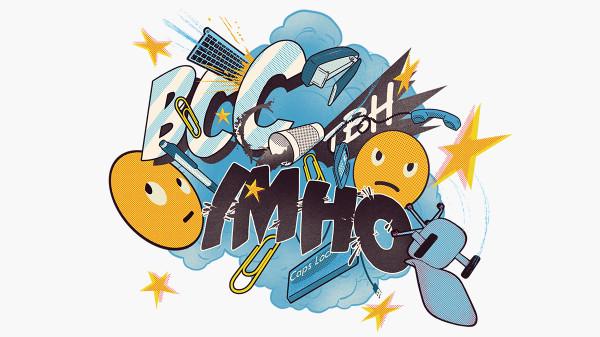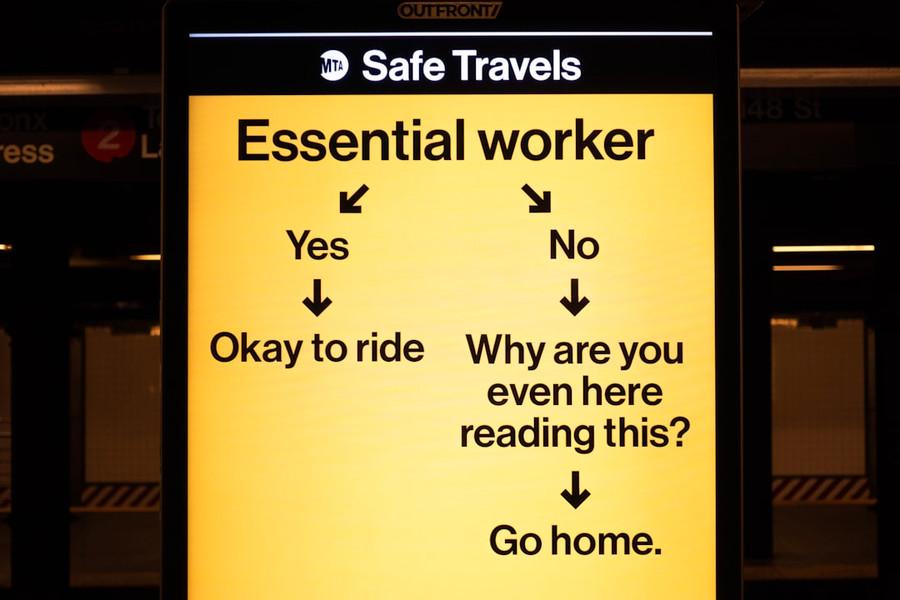When Crisis Management Becomes Conflict Management
Curated from: hbr.org
Ideas, facts & insights covering these topics:
7 ideas
·580 reads
3
Explore the World's Best Ideas
Join today and uncover 100+ curated journeys from 50+ topics. Unlock access to our mobile app with extensive features.
Crisis Turns Into Conflict: Key Takeaways
The psychological toll of the pandemic has challenged workers and managers in a variety of ways.
As we head into the third year of the pandemic, a new issue has sprung up: “splitting,” a mental defence mechanism that allows us to tolerate difficult and even unbearable emotions by seeing someone or something as either heroes or villains, good or bad, “with us” or “against us.” This can result in tension and conflict.
Leaders need to focus on three areas: identifying splitting triggers in themselves, spotting splitting behaviour on their teams, and focusing on reuniting and reintegrating relationships.
10
119 reads
The Split
Splitting is a mental defence mechanism that allows us to tolerate difficult and even unbearable emotions by resorting to black-or-white thinking. We identify others as either heroes or villains, good or bad, “with us” or “against us.” This frees us from the burden of having to face our own shortcomings and missteps while allowing us to cast our opponents as purely and fully bad, instead of looking for nuance and common ground.
8
92 reads
Understanding the Big Split
The Big Split is a multi-layered mental conflict. Behind it lies a complex psychological cocktail: delayed gratification, feelings of injustice, and a race to fill the emotional vacuum created by years of living with restrictions.
For leaders, the point is to recognize that this phase is not a collective sigh of relief and a joyous reunion, but rather one filled with conflict and confrontation
7
88 reads
When The Pandemic Hit
- In March 2020, when the pandemic emergency became clear, many of us felt an energy rush.
- Leaders became the best version of themselves.
- Then, a regression phase hit: people got tired, lost their sense of purpose, started fighting about the small stuff, and started to neglect their relationships.
- Next came the recovery phase, where we started to move out of the lull.
- This phase was filled with lots of new ideas, and we saw friends, family, and colleagues embracing the new future.
- However, the slow recovery tested our resilience.
7
80 reads
Understand and Monitor Your Own Triggers
Realizing when you are falling prey to splitting, whether a little or a lot and taking note of what triggers you to react in out-of-character ways is a good first step.
A few instances of "bad behaviour" is not the same as deeming someone a "bad agent." The key is to reject absolutes and categorical thinking.
7
68 reads
Spot Splitting Behavior in Your Teams and Intervene
Call out splitting behaviour as soon as you notice it playing out.
In order to resolve differences of opinion, instead of letting them fester, leaders can scale up the frequency of team meetings but shorten their duration drastically.
8
70 reads
Aim to Reunite and Reintegrate Your Relationships
- Leaders must emphasize that it isn’t shameful to experience splitting and that it’s okay to direct time and resources to resolve the fundamental conflicts.
- To offer perspective, leaders should fully understand colleagues, employees, and peers by letting them talk about the turmoil they’re going through, and then search for long-term and constructive ways to move forward
- Building mutual support, remember that a strong emotional connection between teammates, teams, and stakeholders last a long time.
7
63 reads
IDEAS CURATED BY
CURATOR'S NOTE
We predicted workforce behaviour wrong.
“
Emmett 's ideas are part of this journey:
Learn more about leadershipandmanagement with this collection
How to find purpose and meaning in life
How to cultivate gratitude
Techniques for managing negative thoughts
Related collections
Similar ideas
Read & Learn
20x Faster
without
deepstash
with
deepstash
with
deepstash
Personalized microlearning
—
100+ Learning Journeys
—
Access to 200,000+ ideas
—
Access to the mobile app
—
Unlimited idea saving
—
—
Unlimited history
—
—
Unlimited listening to ideas
—
—
Downloading & offline access
—
—
Supercharge your mind with one idea per day
Enter your email and spend 1 minute every day to learn something new.
I agree to receive email updates







